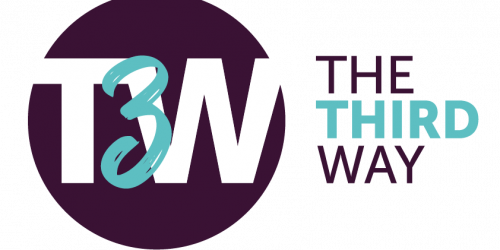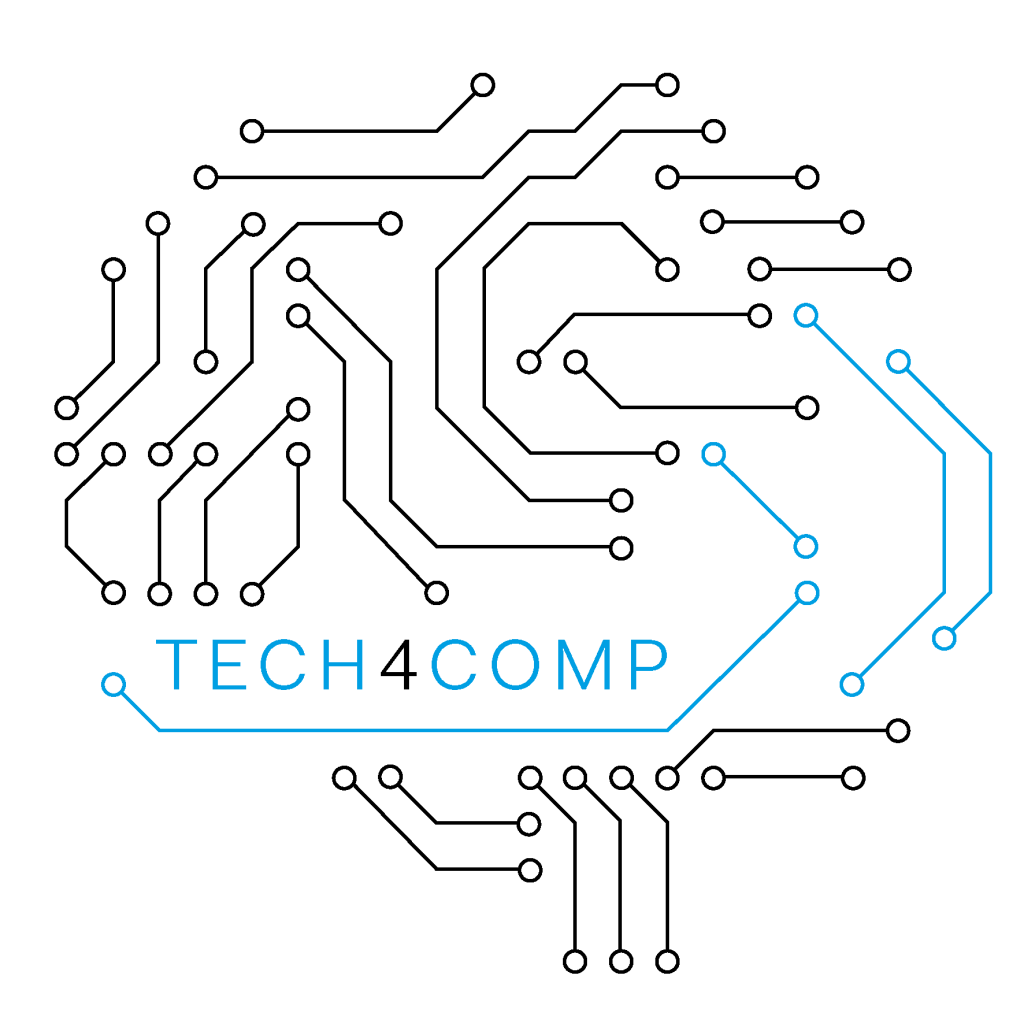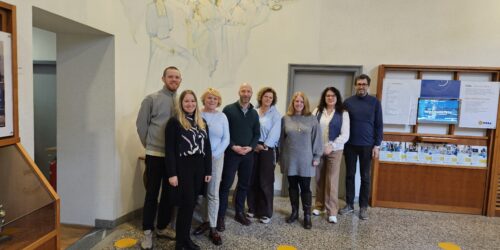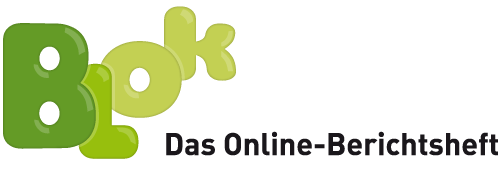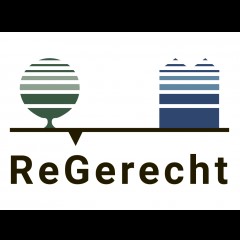Lecturers live out of a suitcase!? – Start of development of a methodology toolbox for the cooperative design of digital university teaching

The aim of the recently launched BMBF project “KoKoN2 – Competent Collaboration in the Network” is to provide university lecturers with easy and secure access to high-quality and didactically prepared teaching and learning methods via the “Digital Networking Infrastructure Education”.
The developments of the pandemic years have made the challenges of digitization and digital transformation in education and especially in higher education very clear to us. Canceled face-to-face events forced teachers to quickly switch to digital formats. Acceptance of switching was not readily given here, and organizational models for cross-university teaching cooperation were often lacking. In addition to individual structured approaches, this also led to a wide variety of ad hoc measures and a multitude of technical, content-related and didactic challenges for teachers and learners. On the other hand, this compulsion has now also shown in many areas what potential lies in the digitization of educational offerings and courses. The project aims to leverage this potential and thus support the competence development of teachers through suitable cooperation mechanisms and new organizational models that promote cross-institutional exchange. How exactly such cooperation can be mapped out by using a digital networking infrastructure and using existing systems is a particular challenge of the project.
An online survey conducted as part of the project among university lecturers at the TU Dresden and the AKAD University of Applied Sciences in Stuttgart showed that the intensification of digital teaching due to the corona pandemic will not remain a transitional phenomenon, but that after almost three years of experience with digital teaching formats, teachers do not want to return to pure face-to-face teaching. Instead, they mostly advocate mixed forms of hybrid face-to-face and digital formats. In addition, it was shown that even experienced teachers would like support in using methods in digital teaching scenarios, which are different from the face-to-face teaching that many are used to. Cooperation is also becoming increasingly important for the selection and use of suitable methods. The majority of those surveyed already cooperate with other teachers. However, there is a need for more support in finding potential cooperation partners.
The KoKoN2 project addresses this concern with a "method case" in which didactic methods and instruments for digital teaching are bundled. In addition, the method case is to be expanded to include cooperation mechanisms and co-creation approaches. Teachers should therefore also be able to actively participate in the further design of the method case. A competency profile included in the offer enables teachers to find other teachers for the application or further development of didactic methods for digital teaching. In the best case, this will lead to nationwide teaching cooperations within the institution itself but also, above all, beyond the borders of the university itself.
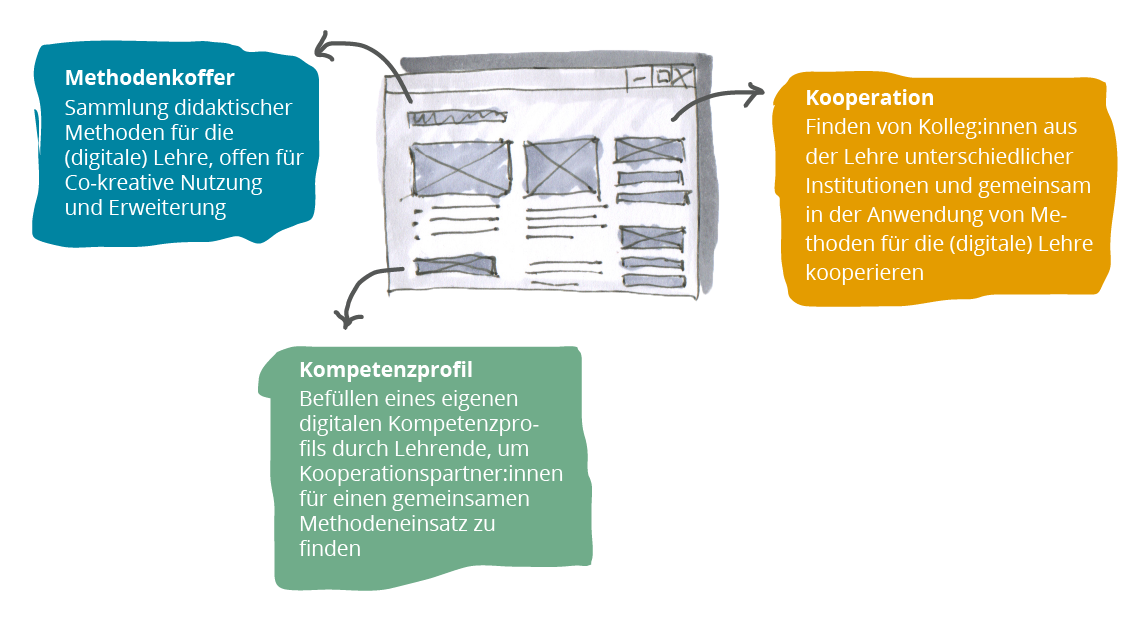
In order to achieve the broadest possible usability and reach and to optimally exploit the cooperation potential of different teachers, the method kit to be implemented is not intended to address any specific subject didactics, but rather to consciously create potential for interdisciplinary cooperation between teachers across departments and institutional boundaries.
The KoKoN2 project is part of the BMBF-funded initiative “National Education Platform”. With this project, the BMBF aims to promote existing and new digital education offerings within the framework of a "Digital Networking Infrastructure Education" (originally announced as the “National Education Platform”). This nationwide teaching and learning infrastructure links existing content, creates uniform access to digital educational offerings and enables user-centered management of learning levels.
KoKoN2 is a joint project of the Center for Open Digital Innovation and Participation (CODIP) of the Technical University of Dresden, the Institute for Digital Expertise and Assessment (IDEA) of AKAD Stuttgart, the Technical University of Braunschweig (Business Informatics Service-Information Systems), the Goethe University Frankfurt (studiumdigitale) and the Ludwig Maximilian University (PROFiL).
project duration: 15.09.2022 – 14.09.2024
Financial support: BMBF
contact: Heike Messemer (heike.messemer@tu-dresden.de)
Author: Cornelia Schade

